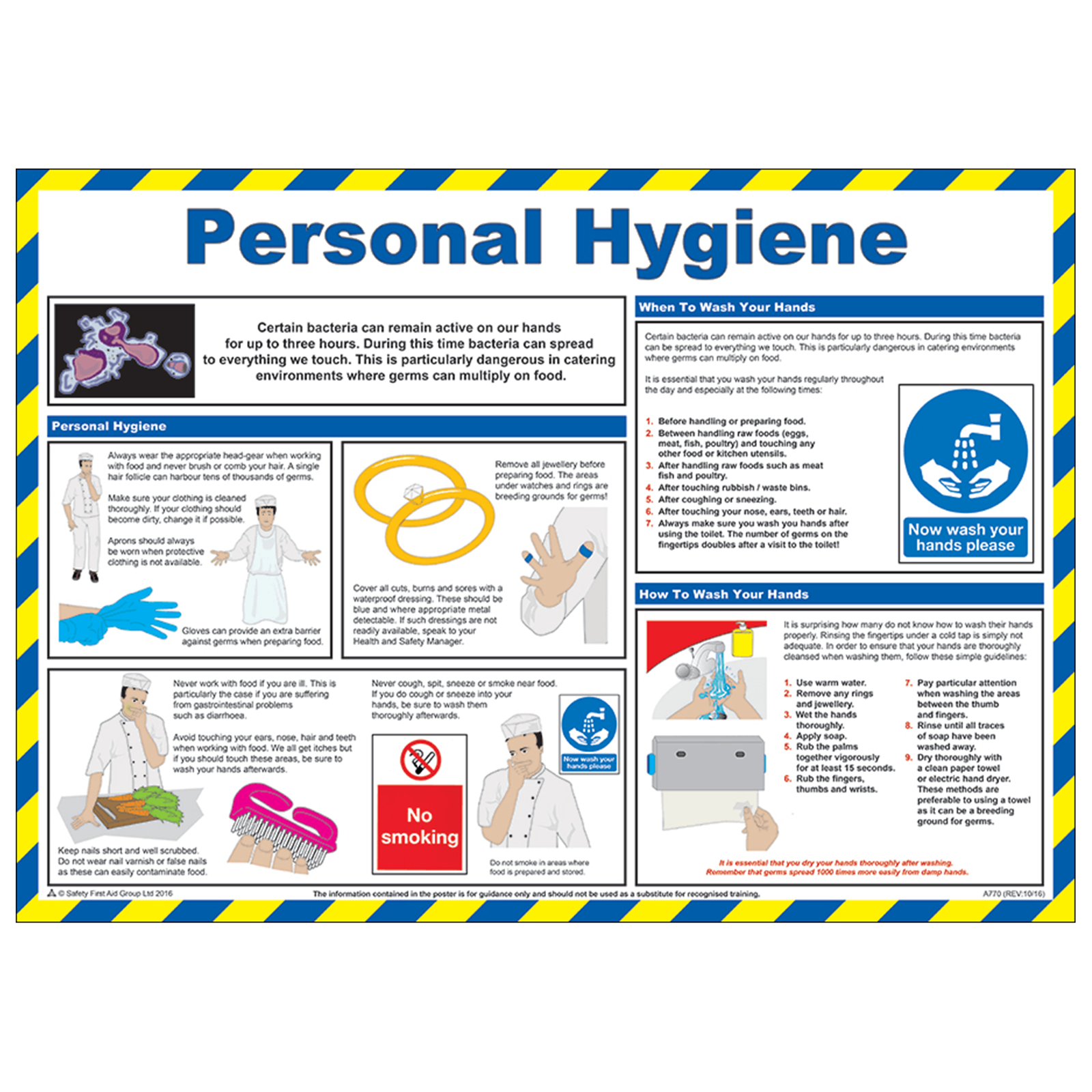tanyatrower410
About tanyatrower410
Courts of law in Scotland are a distinctive part of the British legal framework.
Ultimately, Scotland’s legal institutions represent a well-structured, autonomous, and historic component of the UK legal landscape. With its own procedures, court hierarchy, legal principles, and cultural influences, the Scottish judiciary continues to uphold justice while responding to modern legal challenges.
Scotland’s legal system is derived from Roman law and operates under a distinct system. The Scottish courts include the Sheriff Courts, the High Court of Justiciary for criminal cases, and the Court of Session for civil matters. Unlike England and Wales, Scotland uses a mixed jury system in criminal cases and maintains its own legal traditions.
 Ultimately, the UK court management plays a pivotal role in maintaining the integrity and functionality of the legal system. The efficient management of courts ensures that justice is served in a timely and accessible manner for all citizens. Through continuous reforms, the UK court system strives to meet the challenges of a changing society while maintaining the fundamental principles of fairness and justice.
Ultimately, the UK court management plays a pivotal role in maintaining the integrity and functionality of the legal system. The efficient management of courts ensures that justice is served in a timely and accessible manner for all citizens. Through continuous reforms, the UK court system strives to meet the challenges of a changing society while maintaining the fundamental principles of fairness and justice.
From the High Court of Justiciary to the Justice of the Peace Courts, Scotland’s legal system reflects centuries of tradition alongside ongoing reform. As legal questions grow increasingly complex in areas like technology, constitutional law, and human rights, the Scottish courts remain at the forefront of delivering fair, efficient, and independent justice for all.
The role of technology in UK court facilities is becoming increasingly important. Many courts are now equipped with video conferencing facilities to allow remote participation in hearings. This is particularly useful for individuals who cannot attend court in person, such as witnesses in distant locations or individuals with mobility issues. During the COVID-19 pandemic, the increased use of video hearings became more prominent, and it has since remained a valuable tool for ensuring that court processes continue smoothly without requiring everyone to be physically present.
Scotland also has a separate system for youth justice, which places emphasis on rehabilitation rather than punishment. The Children’s Hearings System focuses on the needs and welfare of children and young people who commit offences or are in need of care and protection. Panels are made up of trained lay members and aim to provide holistic support and supervision.
In the jurisdiction of England and Wales, the hierarchy of courts consists of multiple tiers. At the bottom are the Magistrates’ Courts and County Courts. Magistrates’ Courts deal with less serious crimes, while County Courts handle civil matters such as family matters.
The legal profession in Wales includes solicitors, barristers, legal executives, and paralegals. While many Welsh lawyers are trained in England and practice across both countries, there is an increasing emphasis on Welsh legal education. Universities such as Cardiff, Swansea, and Bangor now offer courses and modules focused specifically on Welsh law.
The High Court serve as the highest level of court in the UK and deal with significant civil and criminal matters, as well as appeals from lower courts. High Court facilities are designed to accommodate high-profile and complex cases, including commercial disputes, judicial reviews, and cases involving significant sums of money. The facilities in High Courts are typically more sophisticated than those found in lower courts. They include multiple courtrooms, advanced audiovisual systems, secure holding areas, and areas for the press and public to observe proceedings. The High Court is often housed in grand historic buildings, reflecting the importance of the cases it handles.
More severe criminal trials are tried in the Crown Court, which has the jurisdiction to impose harsher sentences and is presided over by a judge and, in many cases, a jury. Civil appeals and serious civil cases are heard in the High Court. The High Court is divided into three divisions: the Queen’s Bench, the Chancery Division, and the Family Division, each specialising in different areas of civil law.
The County courts deal with civil cases, such as personal injury claims. They also handle family law cases, including divorce and child custody. Administrative duties in these courts include case management, scheduling, and ensuring that the court’s resources are effectively used. These courts also have specialized divisions to handle specific types of cases, like the family court and the small claims court.
Above the High Court and Crown Court is the Court of Appeal, which is divided into the Civil Division and the Criminal Division. Appeals are reviewed from lower courts and sets legal principles that are followed by lower courts. If you liked this post and you would like to get far more info pertaining to personal injury lead generation AZ kindly go to our web page. At the top of the hierarchy is the Supreme Court of the United Kingdom, which is the highest court of appeal in civil and criminal cases for all parts of the UK, except for criminal cases in Scotland.
 Professional organisations like the Law Society Wales and the Bar Council’s Wales and Chester Circuit promote Welsh legal interests and advocate for greater representation of Wales in the wider UK legal dialogue. These groups support the idea of legal plurality and better recognition of the unique legal culture developing in Wales.
Professional organisations like the Law Society Wales and the Bar Council’s Wales and Chester Circuit promote Welsh legal interests and advocate for greater representation of Wales in the wider UK legal dialogue. These groups support the idea of legal plurality and better recognition of the unique legal culture developing in Wales.
No listing found.